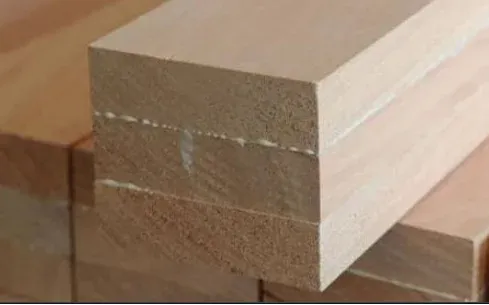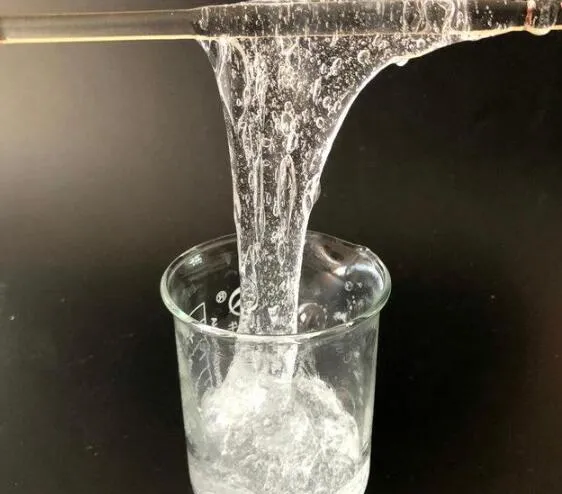
Types Applications and Manufacturing Insights
Exploring PVA Types and Their Industrial Uses
Polyvinyl alcohol (PVA) is a synthetic, water-soluble polymer with wide-ranging applications across industries such as construction, textiles, adhesives, and packaging. Understanding PVA types is crucial for selecting the right grade for specific applications.
For example, polyvinyl alcohol powder is commonly used in adhesives, coatings, and textiles due to its excellent binding and film-forming properties. It is also the base material for creating polyvinyl alcohol plastic, which is highly valued for its biodegradability and water solubility. This makes PVA plastic bags an eco-friendly alternative to traditional plastic packaging, especially in agricultural and medical applications.
Another innovation is PVOH film, produced by leading PVOH film manufacturers. These water-soluble films are widely used in detergent packaging, agrochemicals, and food industries due to their environmental advantages.

PVA in Construction and Woodworking Applications
PVA and Concrete
In construction, PVA enhances cement and plaster performance. Aggiunta di PVA al cemento improves adhesion, reduces surface dusting, and increases water resistance, making it ideal for durable structures. Similarly, polypropylene fibers for concrete are used alongside PVA to reduce shrinkage cracking and improve tensile strength.
For surface preparation, PVA before plastering helps seal porous substrates, ensuring a better bond. Products like exterior PVA for rendering are applied to masonry or concrete surfaces to improve render adhesion. Builders often use PVA bond for plastering to ensure smooth and lasting finishes.

PVA in Woodworking
PVA adhesives are also extensively used in woodworking due to their strong bonding properties and versatility. PVA for wood is applied in furniture making, laminating, and veneer bonding. Its quick setting time and water-based formulation make it a safe and effective choice for carpenters and manufacturers.
Polyvinyl Alcohol: Chemistry and Production
Polyvinyl alcohol, often referred to as PVA polyvinyl, is produced by polymerizing vinyl acetate and hydrolyzing it to form PVA. The polyvinyl alcohol manufacturing process determines the polymer’s degree of hydrolysis, which affects solubility and viscosity.
The chemical formula for polyvinyl alcohol is (C2H4O)n, where n represents the polymer chain length. This versatile compound is available in various forms, including polyvinyl alcohol emulsion for coatings and adhesives, and PVA cold water soluble grades for textile sizing and paper coatings.
When sourcing PVA, understanding polyvinyl acetate price and comparing suppliers is important, as cost varies depending on purity, grade, and intended application. Manufacturers often provide technical resources such as polyvinyl alcohol PDF datasheets to guide buyers on safe handling and optimal use.
For waterproofing needs, waterproof PVA products are specifically designed to resist moisture while maintaining adhesion and flexibility.
The Future of Polyvinyl Alcohol in Sustainable Industries
From PVA plastic bags to PVA for wood and advanced PVOH films, polyvinyl alcohol remains a crucial material in sustainable product development. Its biodegradability, non-toxicity, and adaptability make it an essential ingredient in industries striving for eco-friendly solutions.
Whether in construction, packaging, or woodworking, selecting the right PVA types and understanding the polyvinyl alcohol manufacturing process ensures optimal performance and environmental responsibility.
FAQs About Polyvinyl Alcohol (PVA)
What are the main PVA types and their uses?
PVA types include fully hydrolyzed, partially hydrolyzed, and specialty grades, each suited for adhesives, films, coatings, and textile sizing.
How does adding PVA to cement improve performance?
Adding PVA to cement enhances bonding, reduces cracking, and increases water resistance for longer-lasting concrete surfaces.
What is the chemical formula for polyvinyl alcohol?
The chemical formula for polyvinyl alcohol is (C2H4O)n, representing its repeating polymer unit.
Where are PVA plastic bags and PVOH films used?
PVA plastic bags and PVOH films are used in eco-friendly packaging for detergents, agrochemicals, and food products because of their water solubility and biodegradability.
What information is included in polyvinyl alcohol PDF datasheets?
Polyvinyl alcohol PDF datasheets provide technical details, handling guidelines, and safety information for industrial users.
-
Hydroxypropyl Starch as a Sustainable Construction AdditiveNewsNov.24,2025
-
The Gelation Properties of CMCNewsNov.21,2025
-
Redispersible Latex Powder and Water Retention CapacityNewsNov.21,2025
-
Dosage Control for Polycarboxylate Water ReducerNewsNov.21,2025
-
Film-Forming Properties of Polyvinyl AlcoholNewsNov.21,2025
-
The Function of Gypsum Additives in MortarNewsNov.21,2025





















